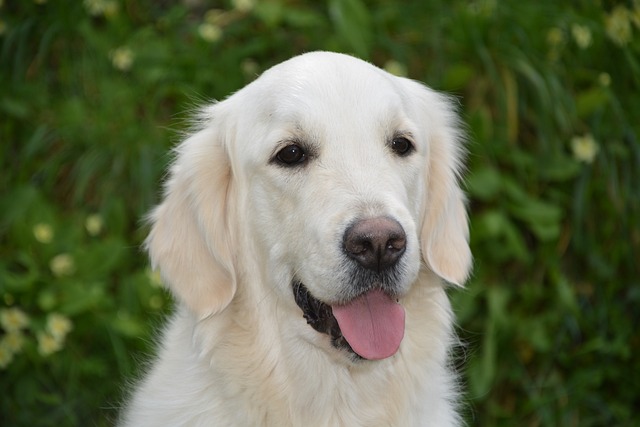
How do i train my dog to be obedient?
Watching your dog dart across the park ignoring your calls isn’t just frustrating—it can put them at risk near busy streets or public spaces.
That adorable moment your new pup cocks its head when you say "Buddy" – but then promptly ignores you to sniff the neighbor’s rose bushes – is all too familiar. Teaching your dog to reliably recognize its name isn’t just cute; it’s foundational for safety and communication. While most puppies pick it up within 1-2 weeks with consistent training, older rescues or easily distracted breeds might take 3-4 weeks. Before starting, ensure your dog’s rabies vaccination is current (legally required in all 50 U.S. states and EU countries) and they’re microchipped – essential if they bolt during outdoor practice near busy streets.
The science is rooted in classical conditioning: your dog’s name should predict wonderful things, not commands or scolding. When "Luna" consistently precedes treats, play, or affection, their brain wires that sound to mean "pay attention – good stuff is coming!" Avoid using their name negatively ("BAD LUNA!"). If shouted before punishment, they’ll associate it with fear, sabotaging responsiveness. Breeds with high social drive (Golden Retrievers) often learn fastest, while scent hounds (Beagles) may need extra patience due to their distraction-prone noses.

Here’s your step-by-step blueprint. Start indoors in a low-distraction zone – your quiet apartment kitchen works perfectly. Hold irresistible treats (boiled chicken bits or cheese). Say "Luna!" in a bright, upbeat tone once. The instant she glances at you, mark with "YES!" or a clicker, then reward instantly. Keep sessions ultra-short (2 minutes, 5-8x daily). Gradually increase difficulty: practice when she’s mildly distracted (chewing a toy) or in busier home areas. Next, move to controlled outdoor spaces like your fenced backyard. Use a long leash (10-15 ft) for safety. If she ignores you, gently reel her in without repeating her name, then reward eye contact. Play the "Name Game": randomly say her name during calm moments (while she naps on your condo balcony), reward glances. City dwellers: close windows to reduce street noise during early sessions.
Cultural and legal awareness is non-negotiable. Never jerk the leash, yell, or physically force attention – this violates animal welfare norms across the EU and U.S., where positive reinforcement is the gold standard. Leash laws are critical: until Luna responds flawlessly, always leash her in unfenced public spaces like community parks. Allowing your dog to approach leashed dogs or children without consent breaches etiquette (and could trigger fines in HOA communities). Always carry biodegradable poop bags – if she gets distracted mid-training and poops on a Seattle sidewalk, immediate cleanup is legally required. Consistent, joyful training turns name recognition into a reflex, building trust while keeping your pup safe and your neighbors happy.

Watching your dog dart across the park ignoring your calls isn’t just frustrating—it can put them at risk near busy streets or public spaces.

New puppy owners often find themselves rushing to clean up accidents before they set in, and that’s where puppy pad training becomes a game-changer.

If you've noticed your dog's waistline disappearing and your veterinarian has mentioned those few extra pounds, your first instinct might be to simply reduce the amount of food in their bowl.

Training a dog to use a designated spot indoors isn’t as daunting as many new owners fear, but it does take consistency and an understanding of your pet’s needs.

That moment of dread on a walk is all too familiar for many new dog owners. You see another dog approaching down the sidewalk of your neighborhood

If the sight of another dog on your neighborhood walk makes your heart sink as your own dog erupts into a frenzy of barking and lunging, you're not alone.